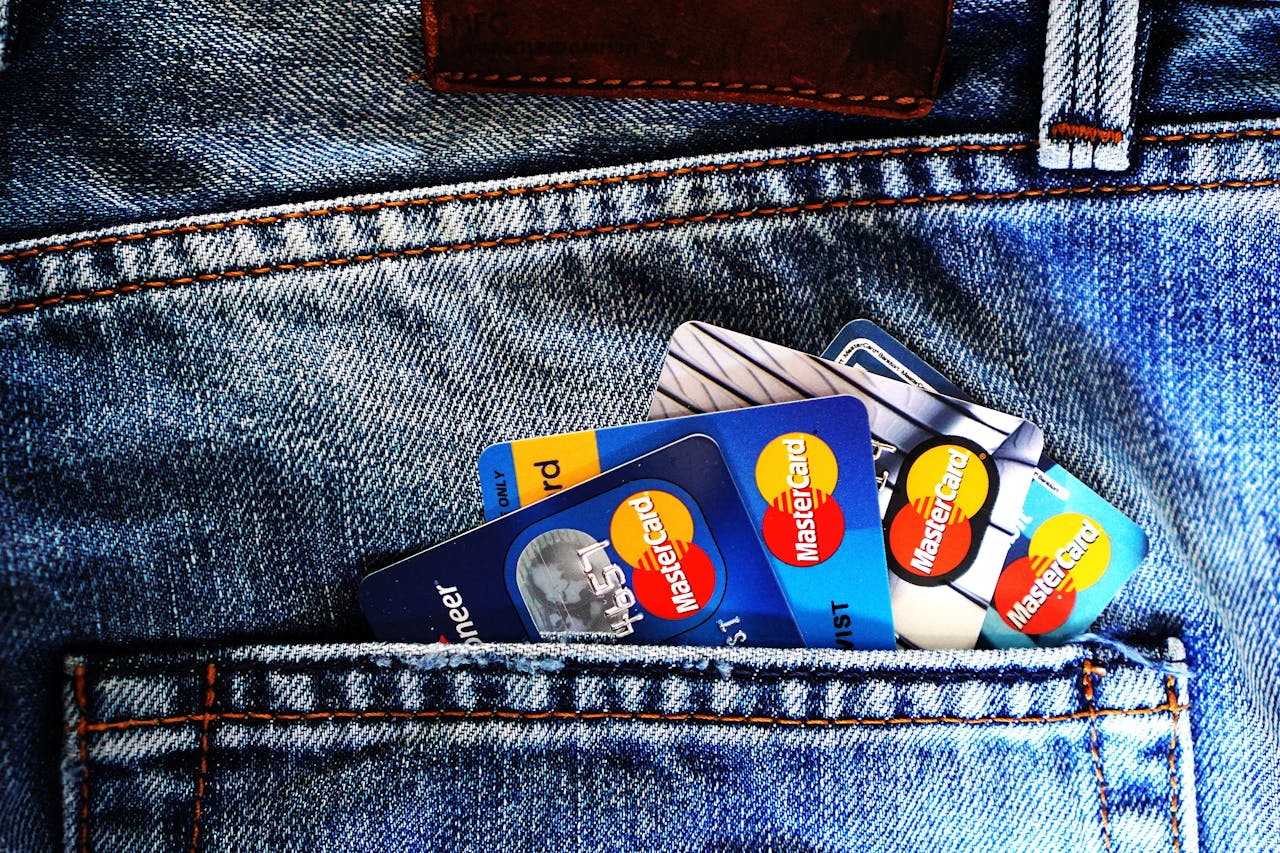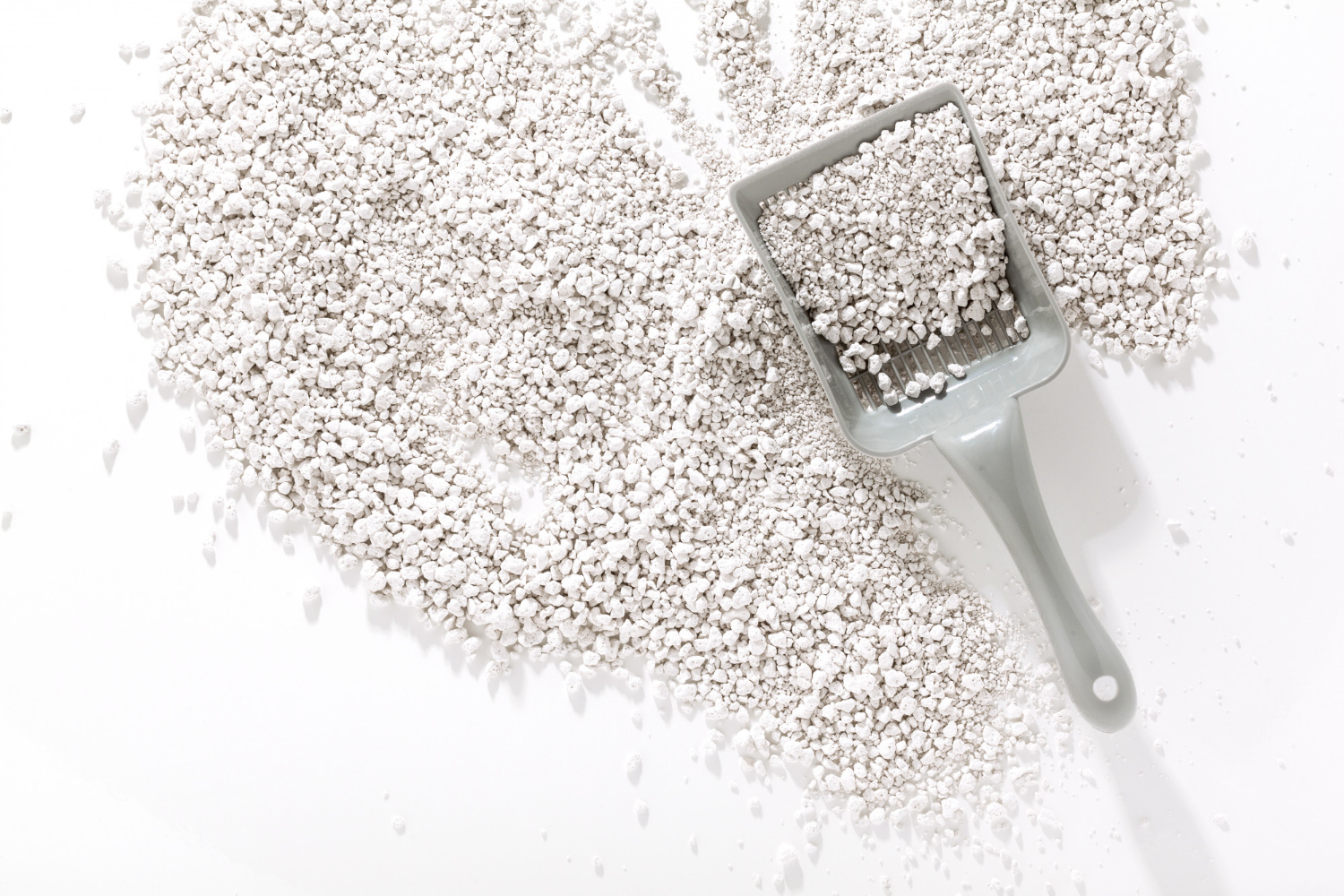Butcher bar treats are becoming a beloved choice among pet owners for their dogs. These high-quality, meaty snacks not only appeal to a dog’s natural carnivorous tendencies but also promise nutritional benefits.
However, as with any pet product, it’s essential to scrutinize the ingredients and ensure the safety of these treats. This article will delve deep into the world of butcher bar treats, helping you make an informed decision for your furry friend’s health and well-being.
What Are Butcher Bar Treats?
Butcher bar treats are premium dog snacks made primarily from meat, tendons, or other animal parts, often without extensive processing. These treats have gained significant popularity due to their natural composition and appeal to dogs. The market for butcher bar treats has expanded rapidly, with many brands offering a variety of products to suit different dietary needs and preferences. They are often marketed as natural, nutritious, and beneficial for dogs of all sizes.
Ingredients to Watch Out For
Natural vs. Artificial
When selecting butcher bar treats, it’s crucial to distinguish between natural and artificial ingredients. Natural ingredients generally come from whole, unprocessed sources, offering more nutritional value and fewer health risks. Artificial ingredients, on the other hand, can include synthetic preservatives, colors, and flavors that may not be as beneficial or could potentially harm your dog.
Common Additives
Many commercial butcher bar treats contain preservatives to extend their shelf life, along with colorings and flavor enhancers to improve their appearance and taste. While not all additives are harmful, some, like BHA, BHT, and artificial colorings, can pose health risks over time. It’s advisable to select treats with minimal and natural additives.
Organic Options
Opting for organic butcher bar treats can be beneficial, as these products are made from animals raised without antibiotics or growth hormones and contain no synthetic additives. Organic treats are typically more nutritious and safer, reducing the risk of introducing harmful chemicals into your dog’s diet.
Potential Health Risks
Allergies and Sensitivities
Some dogs might have allergic reactions or sensitivities to specific ingredients in butcher bar treats. Common allergens include wheat, soy, and certain meats. Symptoms can range from mild itching and gastrointestinal upset to severe reactions like swelling and difficulty breathing.
Toxic Ingredients
Certain ingredients can be toxic to dogs if consumed in large amounts. For example, garlic and onion powder, often used for flavoring, can be harmful to dogs. Moreover, treats with high levels of salt or fat can lead to serious health concerns like pancreatitis or sodium ion poisoning.
Choking Hazards
The size and texture of butcher bar treats can present choking hazards, especially for smaller dogs or those prone to gulping their food. It’s essential to choose appropriately sized treats and always supervise your dog while they enjoy their snacks to prevent any accidents.
Benefits of Butcher Bar Treats
Nutrient-Rich
Butcher bar treats are often rich in essential vitamins and nutrients, such as iron, zinc, and B-vitamins, which support overall health. These nutrients are vital for maintaining a healthy immune system, promoting good energy levels, and supporting skin and coat health.
Dental Health
The chewy texture of many butcher bar treats can help improve dental hygiene by reducing plaque and tartar buildup. Regular chewing on these treats massages the gums and can contribute to fresher breath and healthier teeth.
High-Protein
Protein is a crucial component of a dog’s diet, necessary for muscle growth, repair, and overall bodily function. Butcher bar treats, being meat-based, are naturally high in protein, providing a wholesome and satisfying snack that complements your dog’s regular diet.
How to Choose Safe Butcher Bar Treats
Read Labels Carefully
Always check the ingredient list on butcher bar treats to ensure they don’t contain harmful additives or allergens. Look for treats with a short list of recognizable ingredients, prioritizing those that list meat as the first ingredient.
Reputable Brands
Selecting treats from trusted manufacturers is essential for quality assurance. Reputable brands typically adhere to higher safety and quality standards, offering transparency about their sourcing and processing practices.
Consult Your Veterinarian
Before introducing any new treats to your dog’s diet, consulting your veterinarian is crucial. They can provide personalized advice based on your dog’s specific dietary needs, age, and health conditions, ensuring the treats will be a safe and beneficial addition to their diet.
Expert Opinions
Veterinarian Insights
Veterinarians often recommend butcher bar treats for their high-quality ingredients and nutritional benefits. However, they emphasize the importance of moderation and selecting products free from harmful additives.
Nutritionist Advice
Pet nutritionists highlight the role of butcher bar treats in a balanced diet, suggesting they can be excellent rewards or supplements but should not replace a complete and balanced diet. They recommend choosing treats that complement your dog’s dietary requirements.
DIY Butcher Bar Treats
Homemade Recipes
Making your own butcher bar treats at home can be a rewarding endeavor. Simple recipes include dehydrating slices of lean meat like chicken or beef, ensuring you have control over ingredients and freshness.
Benefits of DIY
Creating homemade treats allows you to tailor the ingredients to your dog’s specific needs and preferences. It also guarantees the absence of artificial additives, providing a healthier and more natural snack option.
Conclusion
In conclusion, while butcher bar treats offer numerous benefits and can be a healthy snack for your dog, it’s essential to be vigilant about their ingredients and potential risks. By understanding what to look for and prioritizing high-quality products or homemade alternatives, you can ensure your dog enjoys safe and nutritious treats. Always remember to consult your veterinarian for personalized advice and monitor your dog for any adverse reactions.
FAQs
How often should I give my dog butcher bar treats?
It’s best to give butcher bar treats in moderation, depending on your dog’s size, diet, and activity level. Consult your vet for specific recommendations.
Can all dog breeds eat butcher bar treats?
Yes, but it’s important to select size-appropriate treats for their breed and monitor for any allergies or sensitivities.
What should I do if my dog has an adverse reaction?
Stop giving the treats immediately and consult your veterinarian for further advice.
Are there any specific brands recommended?
Brands that emphasize natural ingredients and have good reputations for quality and safety are often recommended. Consult your vet for specific brand suggestions.
How do I store butcher bar treats to maintain freshness?
Store them in a cool, dry place in an airtight container to preserve their freshness and prevent contamination.


















